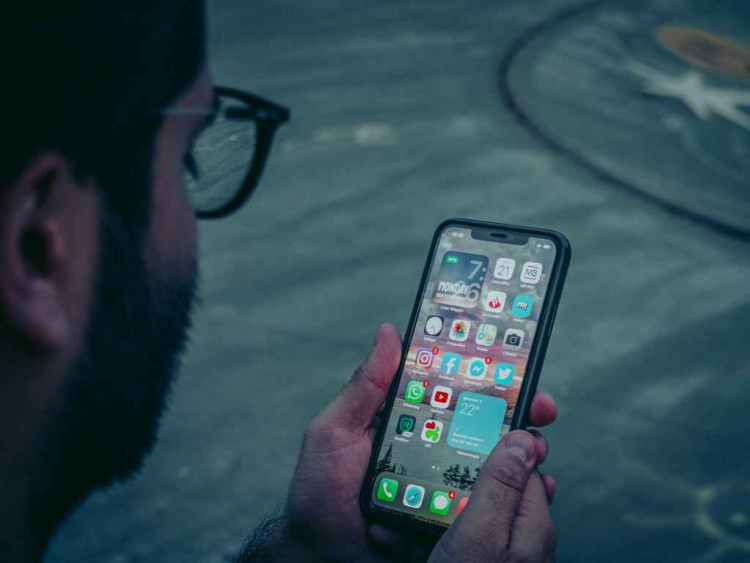In a move that underscores the escalating tensions between China and the U.S., Chinese central government agencies have reportedly prohibited the use of Apple's iPhones and other foreign mobile devices by their officials. This decision was communicated to managers at central agencies through workplace chat groups or meetings, according to sources familiar with the situation.
Apple, a tech giant with China as one of its most significant markets and manufacturing hubs, witnessed a 3.6% drop in its shares following the news. This decline was the most substantial daily decrease in a month, even though Apple's shares had surged by 46% this year. China accounts for approximately 19% of Apple's total revenue, making this move particularly impactful for the company.
Interestingly, this isn't the first time China has shown reservations about foreign tech products. Even before the pandemic, there was an unofficial mandate in China to avoid the use of iPhones, as reported by CNN. The recent directive ensures that central government officials will now predominantly use mobile devices manufactured domestically, with Huawei being a notable choice.
The backdrop to this decision is the ongoing geopolitical tensions between the U.S. and China. American companies operating in China have been expressing concerns about the increasing scrutiny they face, especially when they comment on politically sensitive topics. During a recent visit by U.S. Commerce Secretary Gina Raimondo to China, American businesses voiced their apprehensions, suggesting that the mainland was becoming "uninvestible" due to various challenges, including raids and fines.
China's move to ban iPhones for its officials can also be seen as a countermeasure to similar actions taken by the U.S. against Chinese firms. In the past, the Biden administration has prohibited new telecommunications equipment from Chinese companies like Huawei Technologies and ZTE, citing national security risks. Furthermore, the U.S. Department of Commerce added 36 Chinese high-tech firms to its "Entity List" in December, restricting their access to essential commodities, technologies, and software in the U.S.
Huawei, which has faced U.S. sanctions, recently launched a 5G smartphone equipped with an advanced chip. However, there are speculations that this could lead Washington to tighten its restrictions, aiming to limit China's access to state-of-the-art chipmaking tools.
In conclusion, the decision by the Chinese government to ban the use of iPhones by its officials is emblematic of the broader geopolitical tensions and trade disputes between China and the U.S. As both nations continue to flex their muscles on the global stage, businesses and consumers are caught in the crossfire, waiting to see how these decisions will shape the future of tech and trade.






